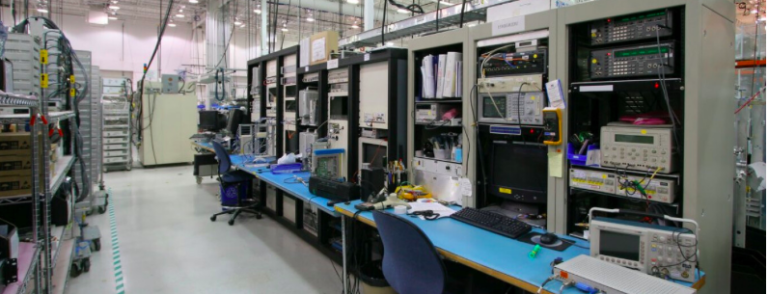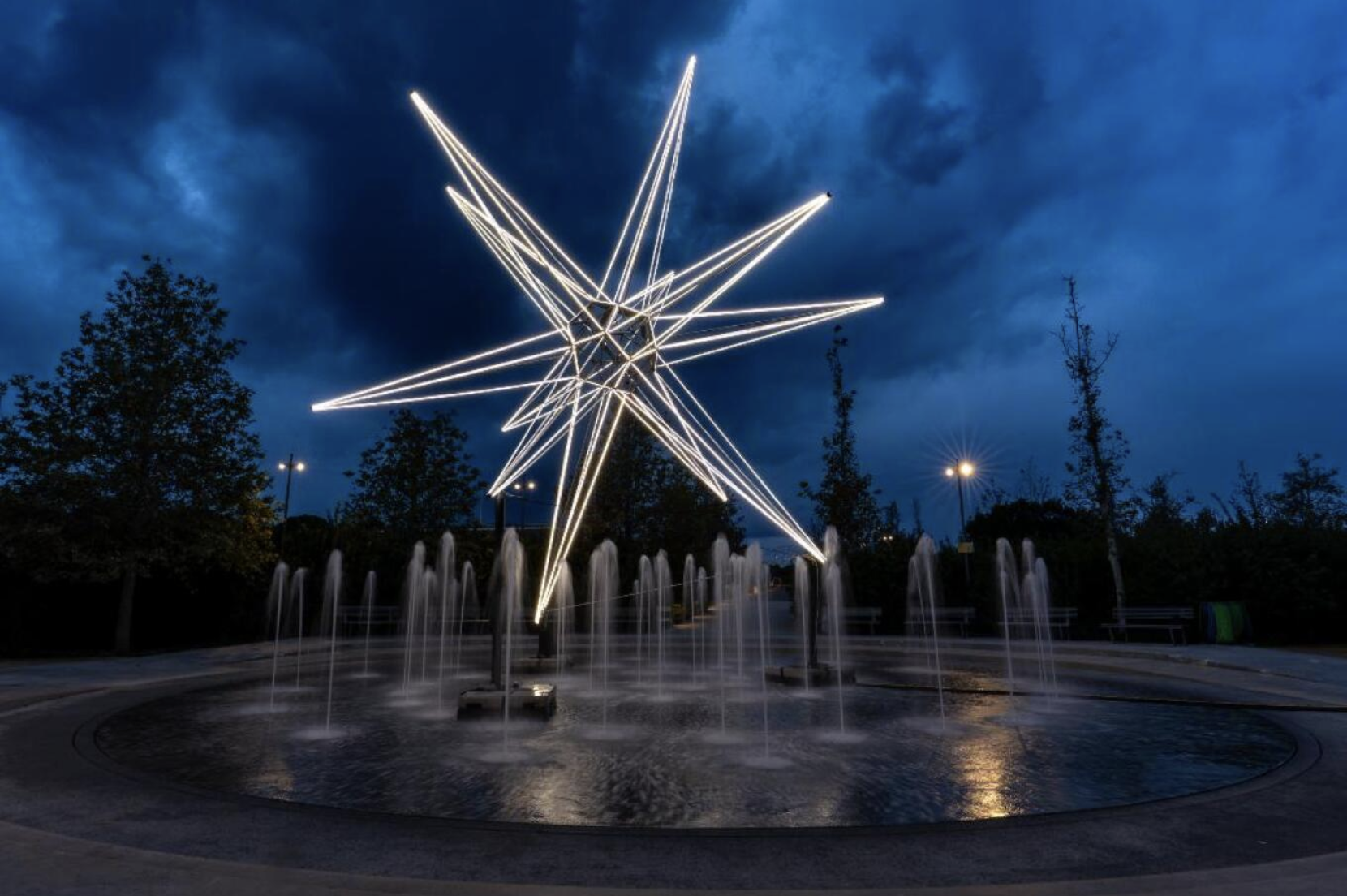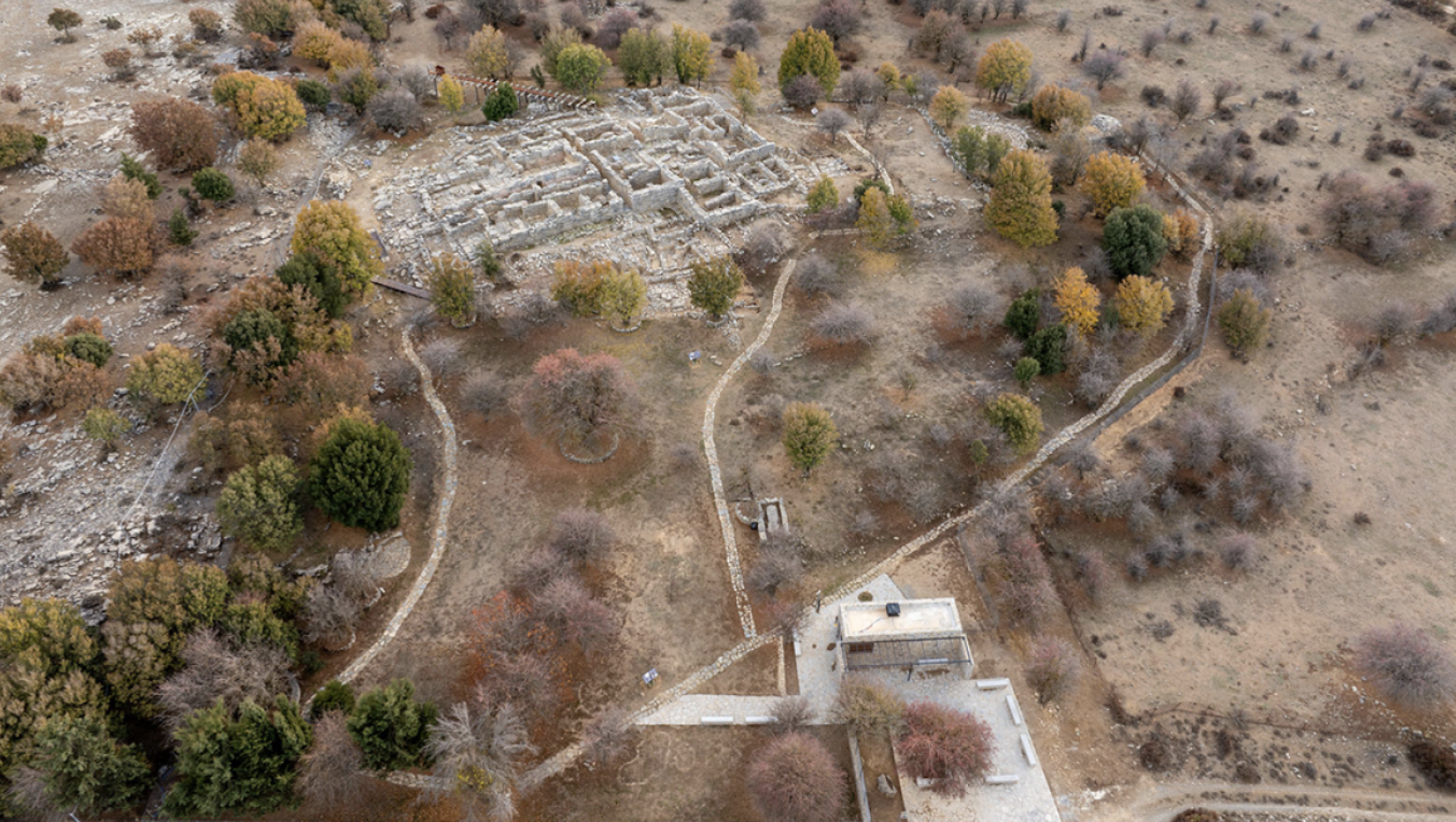For the first time this year, the National Technical University of Athens (NTUA) will open 43 of its laboratories to the public from March 12 to 14, with more than 5,000 visitors expected.
The “Open Labs” initiative will offer guided visits showcasing research activities, applications, and simulations that highlight scientific advancements and technological innovation. As NTUA Rector Ioannis Chatzigeorgiou told protothema.gr, “We hope this initiative will become an annual event. Our aim is to reach all Greek citizens, particularly high school juniors and seniors, to help them understand the academic environment they may enter if they are admitted to NTUA.”
NTUA operates approximately 160 officially recognized laboratories, many of which are unique in Greece. Some of the larger research facilities include:
- The Naval and Marine Hydrodynamics Lab, which houses a 100-meter-long tank capable of generating waves for ship model testing.
- The Earthquake Engineering Lab, where scaled building models undergo seismic simulations on a shaking table.
- The Harbor Works Lab, which simulates port wave dynamics.
- The Aerodynamics Lab, which features a wind tunnel used for testing aircraft and automobile models.
Not all NTUA labs require large-scale equipment; for instance, the School of Applied Mathematics and Physical Sciences recently acquired four small quantum computers—among the very few, if not the only ones, in Greece.
Each visit will last 45 minutes, allowing participants to gain meaningful insight into the research environment. Faculty, technical staff, and administrators will be on hand to provide structured and in-depth explanations. Given that most visitors will be high school students, the program is designed to inspire interest in science and higher education while promoting academic excellence.
The “Open Labs” initiative aligns with NTUA’s broader mission to enhance its social impact and provide prospective students with informed guidance for their academic and professional future.
Ask me anything
Explore related questions





